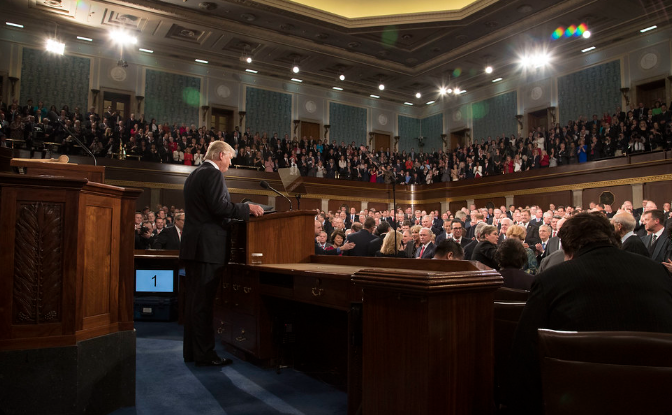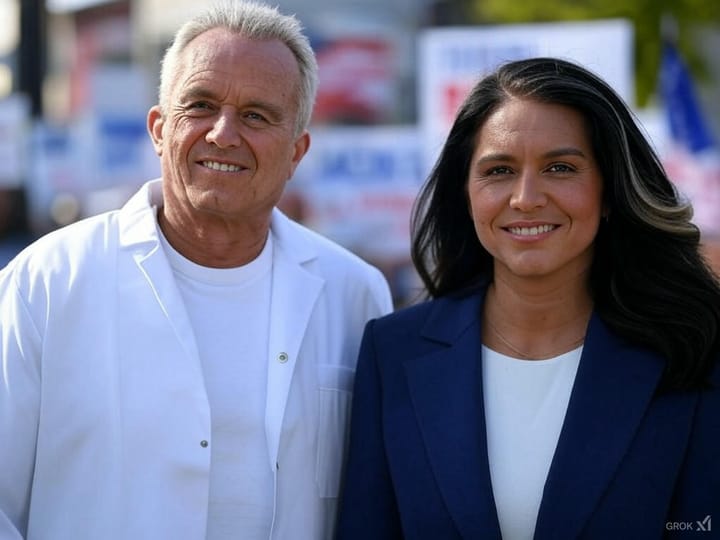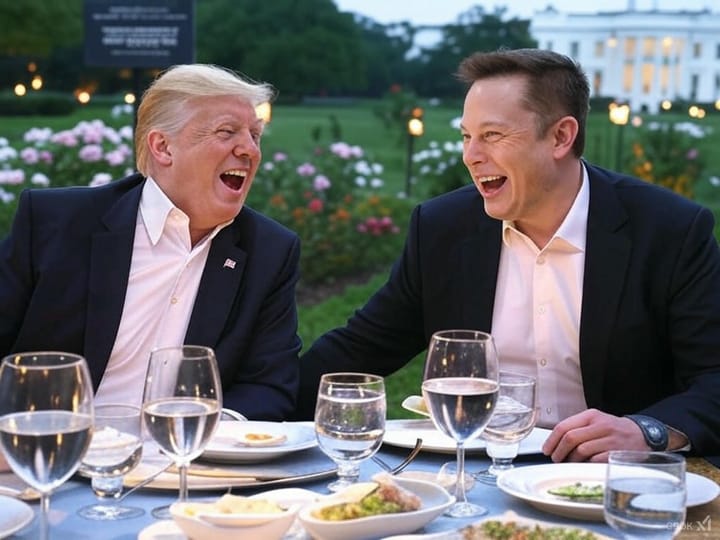How the Democratic Party Became the Party of War: A Deep Dive into Endless Conflicts and Militarism
How the Democratic Party transformed from anti-war champions to a party of perpetual conflict. Explore the shift in values and growing militarism.

How the Democratic Party Became the Party of War
The Democratic Party of today stands in stark contrast to the values it once championed. Over the past few decades, it has transformed into what critics have labeled a “party of war.” This shift is evident in the party's policies on international conflicts, military spending, and the approach to global intervention. While many Americans still remember the Democratic Party as the voice of anti-war sentiments during the Vietnam era, the trajectory of the party since the early 2000s tells a different story—one of increased military engagement, support for controversial interventions, and alignment with the military-industrial complex.
The Democratic Party’s historical legacy was once synonymous with opposition to unnecessary wars and a commitment to diplomacy. John F. Kennedy, the 35th President of the United States, advocated for diplomacy during the height of the Cold War, and Robert F. Kennedy Sr. campaigned against the Vietnam War, capturing the hopes of millions who sought peace. Over time, however, the party's stance on military intervention shifted dramatically, aligning it more closely with policies traditionally associated with neoconservative hawkishness.
This transformation can be traced back to pivotal events, such as the passage of the 2001 Authorization for Use of Military Force (AUMF), which allowed for extensive military action in the wake of the September 11 attacks. Although initially framed as a necessary response to terrorism, this legislation facilitated an era of unending conflicts in the Middle East. The Democratic Party, which once voiced caution against military entanglements, became a strong proponent of interventions in Afghanistan, Iraq, Libya, and beyond. The result has been the normalization of perpetual warfare, with Democrats often taking the lead in advocating for and funding military action.
Obama's Drone Program and the Legacy of Endless War
Under President Barack Obama, the Democratic Party further solidified its identity as a party comfortable with militarized foreign policy. Obama, who campaigned on promises of ending the wars in Iraq and Afghanistan, became one of the most significant proponents of drone warfare. The use of unmanned drones to target terrorists in Pakistan, Yemen, and Somalia became a hallmark of his administration. These drone strikes were often presented as “surgical” and “precise,” yet countless reports revealed the devastating toll on innocent civilians.
The drone program, with its use of Hellfire missiles, resulted in thousands of unintended casualties, including women and children. Despite these harsh realities, the Obama administration continued to expand the program, with minimal oversight or accountability. This reliance on drone warfare marked a turning point, where the Democratic Party embraced a new kind of warfare—one that allowed for military engagement without the political consequences of deploying troops. The human cost, however, was undeniable, and this strategy exemplified the party's growing detachment from its anti-war roots.
The Ukraine and Israel Conflicts: Unwavering Support for Military Solutions
More recently, the Democratic Party’s foreign policy under the Biden administration has demonstrated a continuation of this trend. The United States has been one of the largest providers of military aid to Ukraine in its ongoing conflict with Russia. While supporters frame this aid as a defense of democracy, critics like Robert F. Kennedy Jr. argue that it represents another instance of the Democratic Party engaging in a proxy war, with little regard for diplomatic alternatives or the risk of escalation. The billions of dollars in military support provided to Ukraine reflect a stark contrast to the party's historical stance of prioritizing peace and negotiation.
Similarly, the Democratic Party's unwavering support for Israel during its conflicts with Palestine further illustrates the party's shift towards a pro-war posture. While Democratic leaders often speak of human rights, their foreign policy has increasingly endorsed military actions that have resulted in significant civilian casualties. This one-sided approach has alienated many who once viewed the party as a defender of the oppressed and a force for global peace.
The Influence of the Military-Industrial Complex
A significant factor in the Democratic Party's transformation has been its growing alignment with the military-industrial complex. The defense industry has long exerted influence over both major political parties, but the extent of this influence has only grown in recent years. Democratic lawmakers have consistently voted to approve massive defense budgets, funneling billions into the hands of defense contractors. The financial interests of powerful corporations like Lockheed Martin, Boeing, and Raytheon have become intertwined with American foreign policy, ensuring that military solutions remain at the forefront of international strategy.
Robert F. Kennedy Jr., who recently endorsed Donald Trump after suspending his own presidential campaign, has been one of the most vocal critics of the Democratic Party’s militaristic turn. He has lamented the fact that the party of his father and uncle—once advocates for peace, civil rights, and government accountability—has become a party that perpetuates endless conflict and aligns itself with powerful corporate interests. RFK Jr. has specifically called out the Democratic National Committee for marginalizing anti-war voices and stifling any meaningful debate about the country’s direction.
The Abandonment of Anti-War Values
The Democratic Party's shift toward militarism represents a broader abandonment of the values that once defined it. The party that marched against the Vietnam War, championed the cause of civil rights, and spoke out against government overreach is now seen by some as a party that suppresses dissent, endorses censorship, and supports endless military interventions. This shift has alienated not only voters who oppose war but also those who believe in the principles of government transparency and accountability.
RFK Jr.’s critique extends beyond specific policies to a condemnation of the party’s fundamental direction. He argues that the Democratic Party has betrayed its roots by abandoning the working class and aligning with corporate interests—from big tech to big pharma. This alignment, he contends, has eroded the party’s commitment to democracy and peace, transforming it into an entity that serves the elite at the expense of ordinary Americans.
Looking ahead, there are growing concerns about what might happen if Kamala Harris ascends to the presidency. Thus far, her approach to the ongoing conflicts appears devoid of a cohesive strategy, raising doubts about her ability to navigate these complex international crises. The fact that Ukrainian President Volodymyr Zelenskyy recently met with Donald Trump, rather than with President Biden or Vice President Harris, speaks volumes about the current administration's standing on the world stage. If Harris were to assume leadership, the absence of a clear plan for conflicts like those in Ukraine and the Middle East may only deepen America's entanglement in perpetual warfare, leaving the United States increasingly isolated and disillusioned at home.
Sources
- "A Cri de Coeur From Camelot" - The New York Sun
- "RFK Jr. Tears Media, Democrat Party To Pieces In Scathing Speech; Endorses Trump" - The Daily Wire
- "WATCH: RFK Jr. Drops Out of Race, Rejects Modern Democrat Party, Supports Trump" - CBN News
- "Obama’s Final Drone Strike Data" - Council on Foreign Relations
- "Civilian casualties from the United States drone strikes" - Wikipedia
- "Obama administration reveals civilian death tolls from drone strikes outside war zones" - Daily Dot
- "Questioning Obama’s Drone Deaths Data" - Council on Foreign Relations





Comments ()